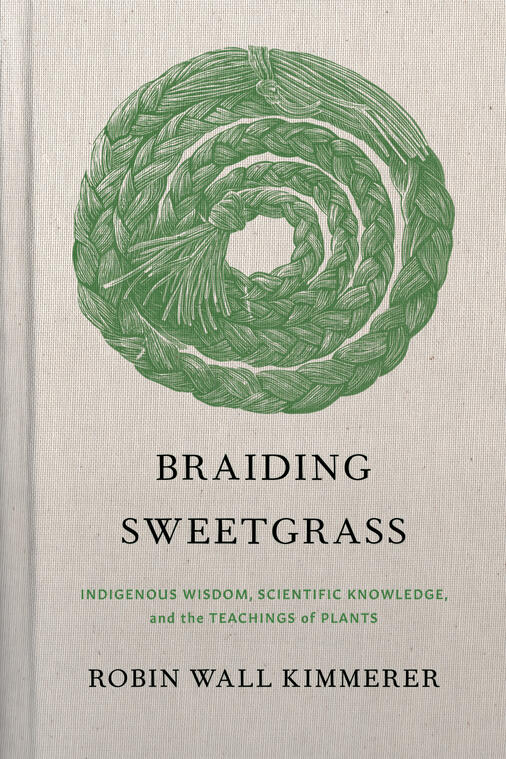
 11
11






 8
8




It is a privilege to live, work and play in the traditional territory of the Salish People.
Now drop and give me 52... ~ Come Join the permies Shoecamp! ~ All about Permies, including Tutorials ---
Twenty bucks off the homesteading bundle for the next 72 hours!
 10
10




Visit Redhawk's soil series: https://permies.com/wiki/redhawk-soil
How permies.com works: https://permies.com/wiki/34193/permies-works-links-threads
 8
8




Wildsong Gaian Sanctuary
Regenerative food forest & Nature-focused retreat center in Bethel, NY
www.wildsong.earth
 6
6









Barbara Kochan wrote:I've recently read Braiding Sweetgrass. LOVE it. . . . I will see if I can figure out how to give this book 10 acorns on our book review list.
Blog: 5 Acres & A Dream
Books: Kikobian Books | Permies Digital Market
 8
8




It's never too late to start! I retired to homestead on the slopes of Mauna Loa, an active volcano. I relate snippets of my endeavor on my blog : www.kaufarmer.blogspot.com
 5
5




There is madness to my method.
"Life finds a way"- Ian Malcolm
"We're all mad here" - The Cheshire Cat





 8
8




Proudly presenting RocketMassHeaters.com
A good starting point to all RMH research
How Permies.com works
 4
4




--
"Whitewashed Hope: A Message from 10+ Indigenous Leaders and Organizations"
https://www.culturalsurvival.org/news/whitewashed-hope-message-10-indigenous-leaders-and-organizations
Hey Ac,
thank you for addition.
If you want your rating to count towards the average score of the book in the review grid your post needs to start with "I give this book x out of 10 acorns".
 2
2




One can never be too kind to oneself or others.
 4
4




Ac Baker wrote:I also give 10 (or more) acorns out of ten for Braiding Sweetgrass, which I have read twice so far.
My grandparents taught me to love foraging, gardening, being in nature nearly six decades ago.
Robin Wall Kimmerer is helping me to fall back in love with the good green world, after five decades of cynical capitalism tried to make me despair.
For all of us inspired by "Braiding Sweetgrass: Indigenous Wisdom, Scientific Knowledge and the Teachings of Plants" by Robin Wall Kimmerer ..
.. and everyone else who loves the living world ..
Robin Wall Kimmerer is inviting us to widen the circle to people new to planting, grow with one another as we reimagine our shared future through acts of care for the living world, life conspiring with life, through their "new Plant, Baby, Plant" Network to Raise Gardens and Raise Ruckuses too ..
Here: https://PlantBabyPlant.com/
--
"Whitewashed Hope: A Message from 10+ Indigenous Leaders and Organizations"
https://www.culturalsurvival.org/news/whitewashed-hope-message-10-indigenous-leaders-and-organizations

| I agree. Here's the link: http://stoves2.com |

